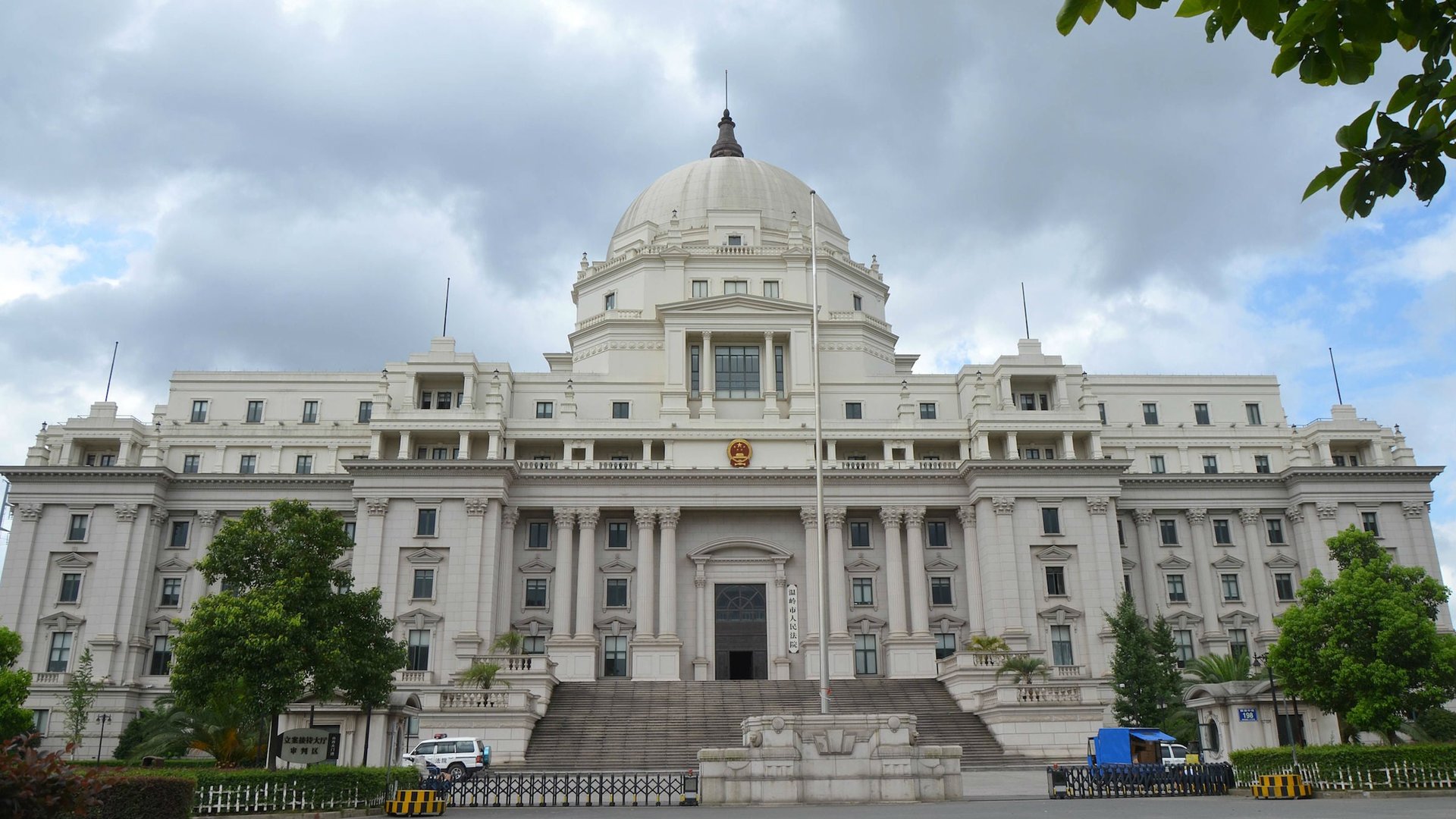Chinese officials try to get around rules on spending lots of money by renaming their offices
Chinese officials are coming up with increasingly creative ways to circumvent a frugality campaign that’s hampering many a comrade’s luxe lifestyle. The latest: renaming government offices—or in some cases simply taking down a sign—to avoid scrutiny and a ban on constructing new state-owned buildings.


Chinese officials are coming up with increasingly creative ways to circumvent a frugality campaign that’s hampering many a comrade’s luxe lifestyle. The latest: renaming government offices—or in some cases simply taking down a sign—to avoid scrutiny and a ban on constructing new state-owned buildings.
Last month, China’s Communist Party barred building or renovating any more government buildings for five years. But according to Xinhua (link in Chinese), reporters have found officials in the provinces of Jiangsu, Anhui and Hubei re-registering public offices under names like “business center,” “integrated services building” or “citizen service center” in order to avoid attention from the higher-ups or from locals watching out for missteps by officials. In Hubei, offices were being built under these generic names for the city’s human resources and security departments, according to the report. In Anhui, one county building simply took down all building signs.
The news is also another rare case of state media taking on official corruption, a trend that appears to be another front in Xi Jinping’s effort to root out excessive spending and the party’s image of elitism. (Last month, a Xinhua journalist accused a state-owned conglomerate, China Resources, of graft and losing billions of yuan of state-owned assets.) Ostentatious buildings for government offices and state-owned enterprises, often in poor areas of China, are one of the most obvious symbols. These are styled after the US Capitol, a European castle, or the Palace of Versailles. Inside, some are equipped with banquet halls and deluxe cafeterias.
Policymakers apparently expected this kind of subterfuge. According to the South China Morning Post, the ban against new buildings explicitly instructed officials (paywall) not to try disguising their offices under new names. With reporters and citizens helping the central government’s cause, a common saying in provinces distant from Beijing, ”The mountains are high and the emperor is far away,” may be starting to lose relevance.